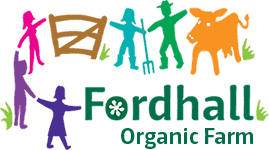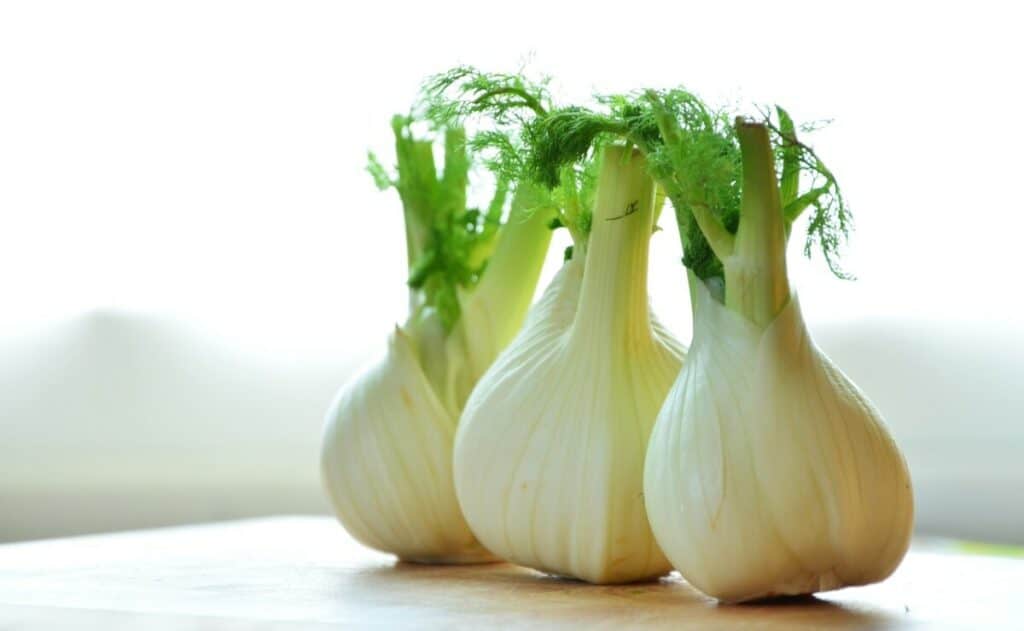Over the next few weeks in Arthurs Farm Kitchen and the Farm Shop we are celebrating the fabulous Fennel. Chef will be including this multi-functional herb in many of his recipes, so I thought I’d share with you some of reasons why you should include fennel as part of your diet.
Fennel is a multi-functional herb which is a member of the Umbelliferae family alongside celery, carrot, dill, chervil coriander, parsley and parsnip.
All parts of fennel are edible – so there isn’t much waste which is what we like here at Fordhall Farm. The bulb can be chopped and added to salads or slaws, the seeds can be toasted and added to stews, casseroles and curries and the feathery leaves look (and taste) great in a salad or as a garnish.
Fennel has a highly aromatic, liquorice like flavour with a huge amount of health benefits, including:
Being a great prebiotic food: The fennel bulb is extremely high in fibre with about 7 grams of dietary fibre or 28 percent of your daily dietary fibre needs in each bulb, making it a great prebiotic food to help feed your gut microbiome and to help aid digestive concerns such as bloating and constipation.
Helping maintain healthy blood pressure and water balance: Fennel contains great levels of potassium which is essential in helping to keep blood pressure levels healthy, and our bodies water balanced so that our organs and muscles can function correctly.
Having powerful Antioxidant Properties: Fennel is high in vitamin C, making it a powerful antioxidant, essential for immune support and skin health.
Boosting Bone Health: Fennel is a good source of non-dairy calcium for those who can’t or don’t consume dairy. Along with calcium, fennel also includes vitamin K, magnesium and phosphorous which all play an important part in keeping our bones healthy.
Stimulates milk production in humans and animals: Fennel is known as a Galactagogue (don’t you just love this word!), which means that when eaten it can help stimulate milk production in lactating humans and animals.
Fennel is a plant that can be dated back to the romans and grows quite easily in Europe, Asia and America. In some cultures, it is custom to chew on a few fennel seeds after a meal to help digestion and freshen breath. If you don’t fancy this then you could always make yourself a fennel seed tea. Simply pop a few seeds in a mug of water for 3 – 5 minutes, strain and slowly drink to help relieve any gas, burping or bloating post meals.
Kate Bevan Wood Dip CNM, mBANT, CNHC
Registered Nutritional Therapist and Resident Nutritional Therapist at Fordhall Farm.

